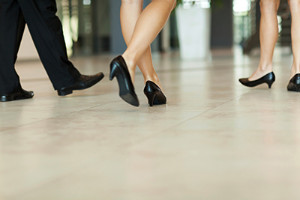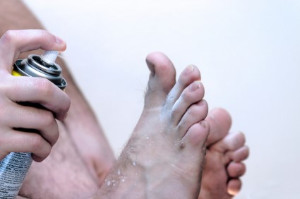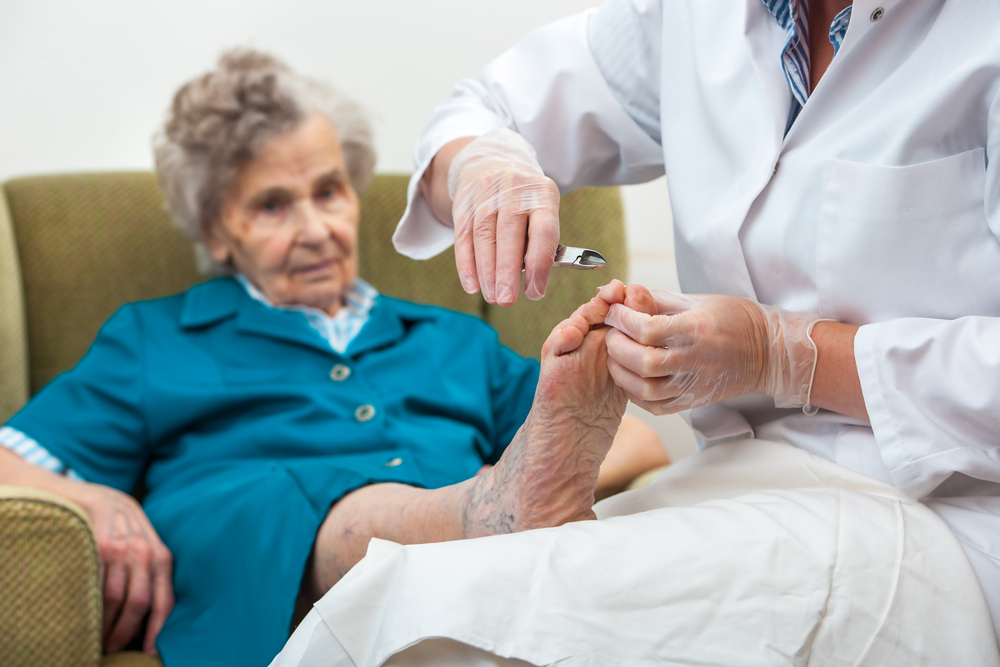 There are many people who spend the majority of their working day standing or walking. Research has indicated it is beneficial to wear shoes that fit properly, and this may help to prevent painful foot conditions from developing. It is helpful to make sure there is enough room for the toes to move freely in, and the feet will feel better when there is adequate cushioning and support. Resting the feet as frequently as possible may aid in reducing foot pain that comes from standing for extended periods of time. Additionally, it is important to choose shoes and socks that are made of breathable materials, as this can help to provide maximum comfort. Please consult with a podiatrist if you would like additional information about how to protect your feet while working.
There are many people who spend the majority of their working day standing or walking. Research has indicated it is beneficial to wear shoes that fit properly, and this may help to prevent painful foot conditions from developing. It is helpful to make sure there is enough room for the toes to move freely in, and the feet will feel better when there is adequate cushioning and support. Resting the feet as frequently as possible may aid in reducing foot pain that comes from standing for extended periods of time. Additionally, it is important to choose shoes and socks that are made of breathable materials, as this can help to provide maximum comfort. Please consult with a podiatrist if you would like additional information about how to protect your feet while working.
While working on the feet, it is important to take the proper care of them. For more information about working on your feet, contact one of our podiatrists from Foot Health Center of Merrimack Valley. Our doctors will treat your foot and ankle needs.
Working on Your Feet
Standing on your feet for long periods of time can cause stress and pain in your feet. Your whole body may experience change in terms of posture, back pain, bunions, callouses and or plantar warts. There are ways to avoid these conditions with proper foot care, smart choices and correct posture.
Positive Changes
Negative heeled shoe – Choosing this shoe type places the heel slightly lower than the ball of the foot. These are great for overall foot health. Find shoes that fit you correctly.
Go barefoot – Our feet were not designed to be enclosed for all hours of the day. Try to periodically expose your feet to air.
Eliminate Pain
Foot Exercises – Performing simple exercises, incorporating yoga and doing stretches are beneficial. This will allow increased blood flow to the area and muscles of the foot.
Achilles tendon – Stretching the foot out flat on the floor will relax the calf muscles and tendon. These exercises can be performed almost anywhere. Make sure you add these exercises to your daily regimen.
With a little bit of this information and knowing more about foot health, you will notice changes. Foot stretches and proper footwear will help with pain and prevent further issues.
If you have any questions please feel free to contact one of our offices located in North Andover, and Tewksbury, MA . We offer the newest diagnostic and treatment technologies for all your foot and ankle needs.











